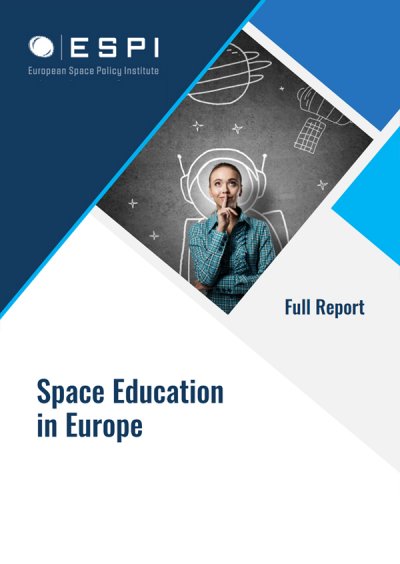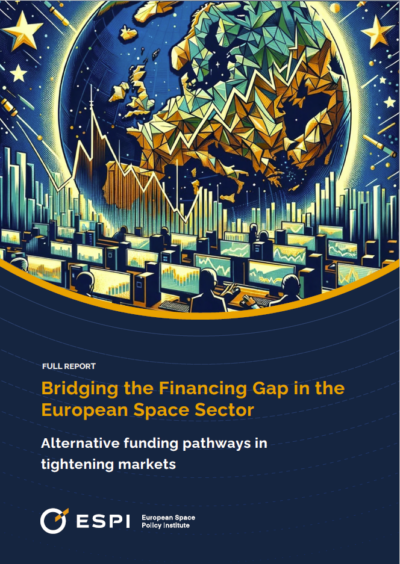The future of the European space sector, including its performance, entrepreneurial mindset and capacity to innovate, strongly relies on an education system able to train a skilled workforce. Following the general trend of ever more specialised education, new university programmes are emerging in Europe to train students in space engineering, law, public affairs or economy. In this context, education has become an important topic in the space policy debate, and multiple initiatives have been launched to promote space in academia.
Through this report, we provide the space community with:
- An up-to-date overview of the European space education landscape;
- A view from students and young professionals of space education in Europe; and
- An analysis of trends and challenges in this domain.
The research provides evidence of a well-established, broad and diverse space education landscape in Europe which is nested in national educational landscapes but also has a strong European dimension. Additionally, since academia plays a role in the space sector that goes beyond training a skilled workforce, we investigated academia’s contribution to research, development and innovation, and to business entrepreneurship.
- The report concludes by highlighting five key areas for future development:
- The continuous adaptation of the space education system to the evolution of sector needs;
- The integration of academia in space sector developments;
- The internationalisation of space education train and attract world talents;
- The place of inspiration in Europe’s space culture and narrative as a driver for space education; and
- The position of space education at the forefront of the diversity challenge.





